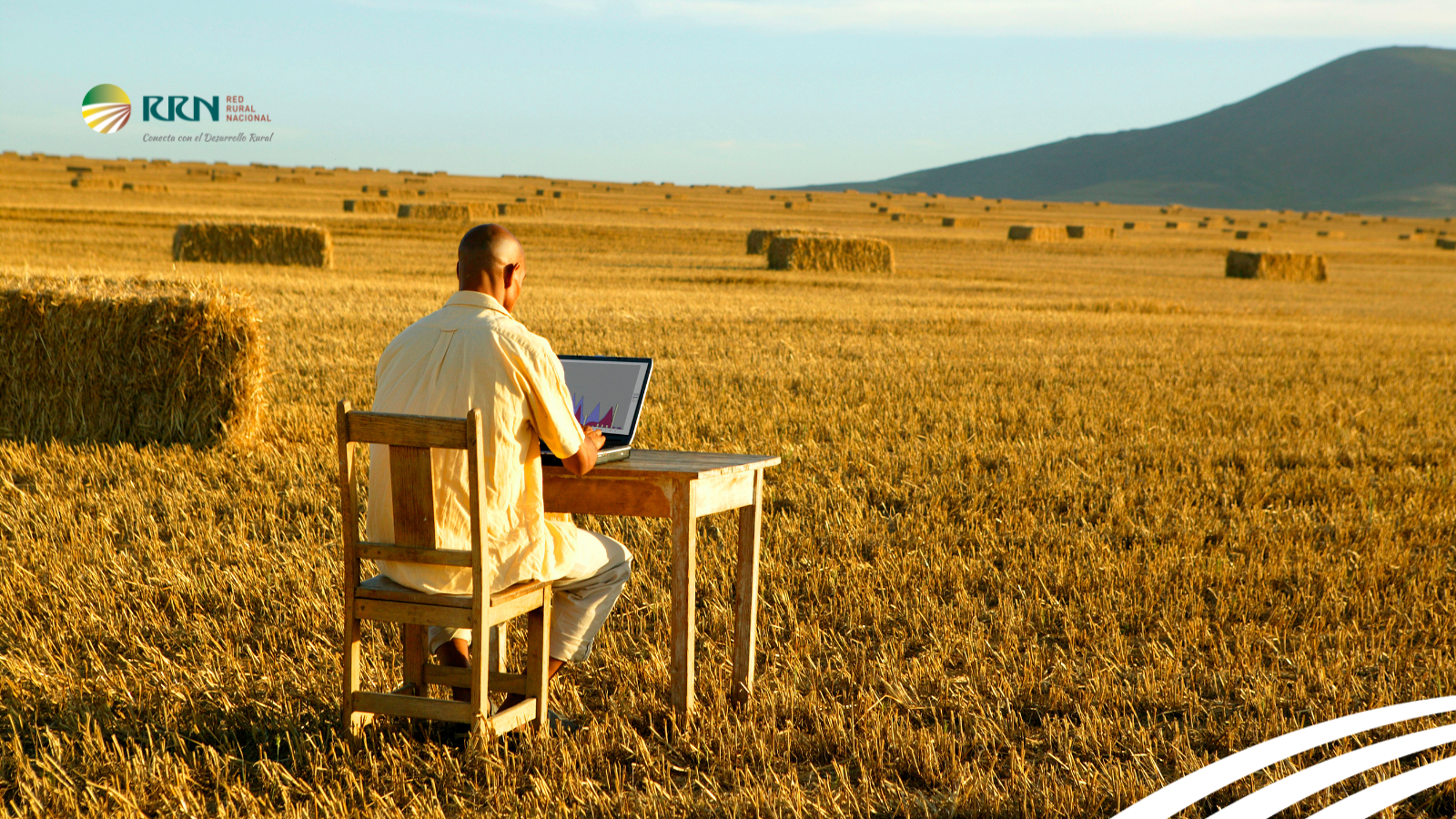
23 de January de 2023
Dinamización rural
Through 49 courses, the plan will address topics such as generational change, gender visibility, innovation, and resource conservation.
- The plan, which includes 49 training activities, focuses on generational change, the visibility of women's role, the application of new technologies, and innovation in rural areas.
- The main new features of the 2023 Plan are the incorporation of the FEGA and the delivery of two massive online courses from the first quarter.
The Ministry of Agriculture, Fisheries and Food has published the "2023 Continuing Education Plan for Rural Technicians" on its website to promote the modernization of rural areas. Through 49 training activities , this plan will focus on generational renewal, the visibility of women's role, new technologies, innovation, sustainability, and resource conservation.
The courses—in-person or online—are aimed at professionals working in various rural areas, including staff from various administrations, Local Action Groups, professional agricultural organizations, rural cooperatives and associations, employment and local development agents, and university graduates working in the advisory system for potential beneficiaries of Common Agricultural Policy (CAP) aid on land and farm management.
The 2023 Training Plan aims to:
- Innovation : the generation and transfer of knowledge
- The sustainability of farms
- Irrigation management
- Support for young people, women and new entrepreneurs
- Animal health and welfare
- The implementation of new technologies
- The CAP Strategic Plan 2023-2027
Training actions 2023
The main new feature of this year's plan is the incorporation of the Spanish Agricultural Guarantee Fund (FEGA) , which will offer courses on:
- Two online courses from the first quarter:
- Advice on organic farming .
- Advice on agricultural and livestock farms .
In 2023, virtual training will be maintained and expanded, with a dedicated web-based training platform available, while in-person training will be delivered at ministry facilities. A hybrid approach (in-person plus virtual) is also planned.
Likewise, topics of interest to young farmers and ranchers are covered, especially issues related to innovation and digitalization, while helping to raise the profile and appreciation of the role of women in rural areas.
The commitment to training in rural areas involves fostering social and economic balance between cities and towns, which represent approximately 84% of Spain's territory but only 16% of the population.









